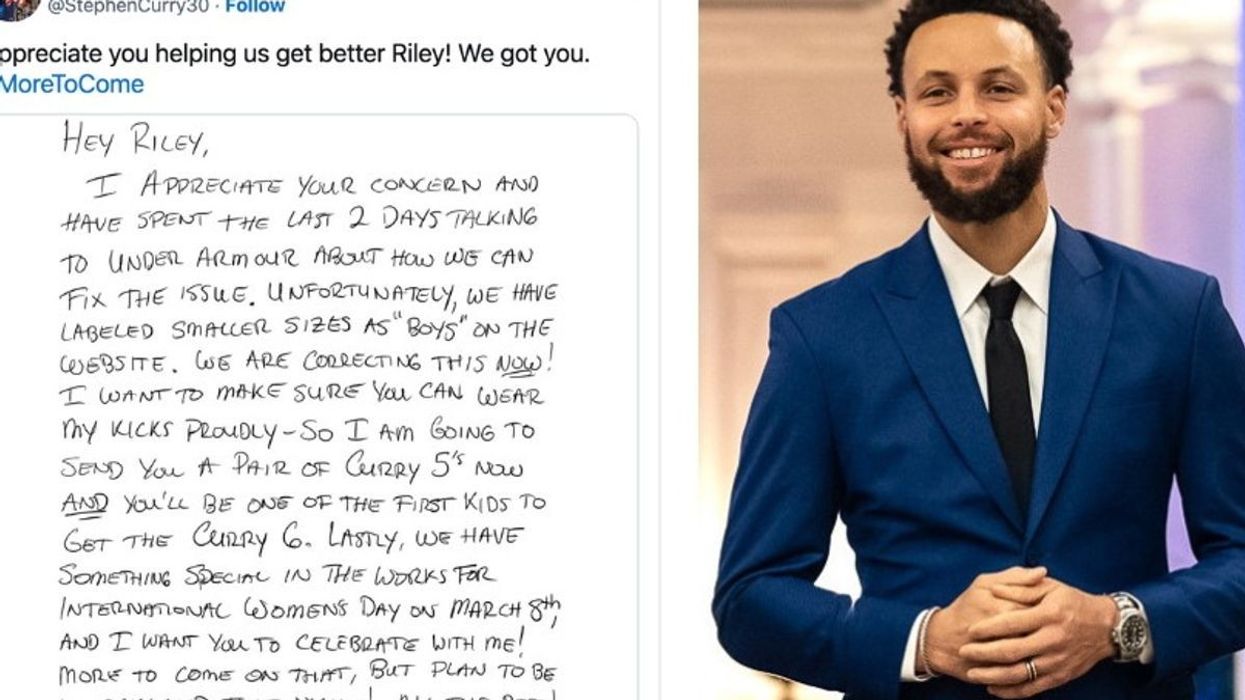When Barack Obama was elected president, Americans had high hopes for what a black man in the White House meant for the future of the United States. Obama's triumph was directly correlated to the rise of the term "post-racial America," a utopian fantasyland where ethnicity no longer mattered. And a Pew Research Center poll from 2008 showed that more than half of Americans expected Obama's win to precipitate an improvement in the country's race relations. Almost four years later, nothing could be further from the truth.
Since Obama began his tenure, it would seem that tensions between blacks, whites, Latinos, and other ethnic groups have grown markedly worse. In recent weeks alone, two white men were arrested in Oklahoma for a shooting rampage targeted at blacks; the Trayvon Martin incident in Sanford, Florida, sparked a nationwide debate about race and police power; and conservative pundit James Derbyshire was dropped from the National Review after penning a screed in which he warned whites to, among other things, avoid large groups of black people.
All the ugly interactions haven't been lost on the general public, which has had its optimism about race radically eroded since 2008. In a new poll from Newsweek, that change is brutally obvious:
According to the Newsweek survey, only 32 percent of Americans now think that race relations have improved since the president’s inauguration; roughly the same number (30 percent) believe they have gotten worse. Factor in those who say nothing has changed and the result is staggering: nearly 60 percent of Americans are now convinced that race relations have either deteriorated or stagnated under Obama.
Racial divides in the Newsweek poll were prevalent. Only 51 percent of whites believe the president has been helpful in closing the gulf between America's racial groups, while 69 percent of blacks feel the same way. In the same vein, 47 percent of whites disapprove of Obama's handling of race relations, while 84 percent of blacks approve. The reason for these disagreements were obvious: The poll showed that blacks were far more likely than whites to say they've experienced real racial prejudice, experiences that certainly make them able to identify with the travails of our first black president in a special way.
With such conflicts continuing to rend America, two questions are most pertinent for the coming months: How much will ultra-conservatives use racist dog whistles to galvanize angry white voters in this year's election? And what will be Obama's stance on race if he wins a second term? Something tells me he's more concerned about the economy than black people and white people getting along. But something also tells me that if more Americans had jobs and a stable financial future, some of these racial divisions would magically disappear. Poverty, and the fight to avoid the bottom of the society's barrel, has always had a way of making people find ways to hate one another.
Photo via (cc) Flickr user Sunset Parkerpix













